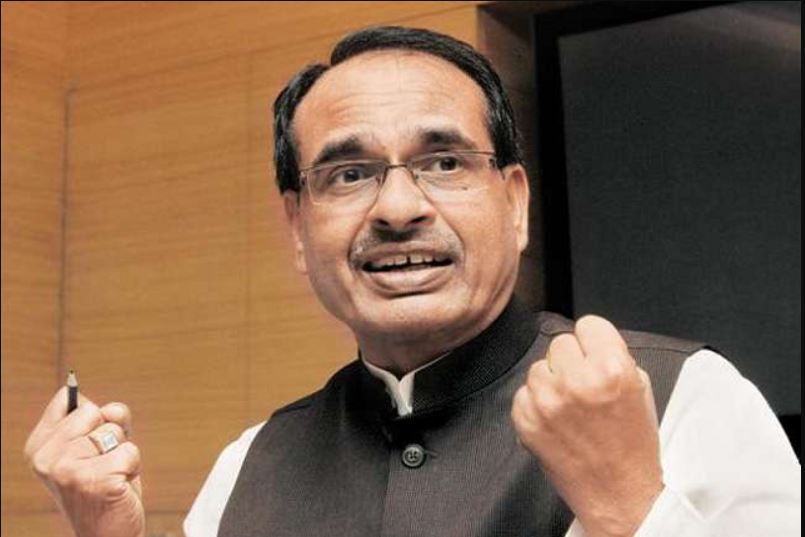Shivraj Singh Chouhan, who turned 61 a few weeks ago, took oath as the CM of Madhya Pradesh for the fourth time. A contemporary of some of the most popular CMs of BJP like Narendra Modi in Gujarat, Raman Singh in Madhya Pradesh, and Vasudhara Raje in Rajasthan, Chouhan emerged as the biggest leader in the central Indian state despite the presence of many senior leaders like Uma Bharti, Kailash Vijayvargiya, and Babulal Gaur.
After BJP won the 2003 assembly election in MP, the state witnessed two CMs- Uma Bharti and Babulal Gaur- for short span of one year, and in 2005, Chouhan was appointed as CM by the party. Since then, Chouhan led the party to victory in 2008 and 2013 assembly election with a huge majority, and remained the CM of the state for 13 years.
A shrewd politician, Chouhan combined Hindutva with welfare populism to win over voters. MP has more than 90 percent of Hindu population and has been the centre of Sangh’s activities for decades. But given the fact, the state was extremely poor and categorized under BIMARU states, no leader or party could win the election without populist welfare policies, especially for the poor and marginalized section (SC/ST/OBC) of the society which constitutes vast majority of the state’s population.
For decades, Mandal politics had not touched MP as the upper castes dominated the assembly till 2003. Congress party, which often claims to be a party of poor and downtrodden, shamelessly promoted upper caste politicians in the state, and till date, has not given a single lower caste CM including Kamal Nath who comes is a Punjabi Khatri.
However, the lower castes of the state had started asserting themselves by early 2000s and BJP sensed the opportunity. The party fought and won the 2003 election under the leadership of Uma Bharti, an OBC leader and Hindutva icon, and later when Bharti resigned, Gaur, a Yadav, was made CM. The third person whom BJP chose for CM, Chouhan, was also an OBC and comes from Kirar community.
A good politician is one who knows what the voters want, and Shivraj Singh Chouhan has always been good at catching the pulse of the voter. He crafted a formidable caste alliance and brought OBC community under the BJP fold. The upper caste in the state was already voting for BJP, but given the fact that upper castes constitutes small percentage of state’s total population, elections could not be won without the support of OBC and ST community.
He brought the lower castes under the BJP fold. Given the fact MP has no dominant cast like Patels in Gujarat who could sway the election for BJP; Chouhan had to built a coalition of many castes of OBC and make sure that they do not fight among themselves for power.
With the alliance of OBCs and upper caste- the natural voters of BJP, the party won many assembly, Lok Sabha, and local elections in the state. Chouhan carefully cultivated the image of people’s leader, and became a family to constituents. He is popularly referred as Mamaji by the voters.
“Shivraj,” says journalist and author Shirish Khare, “has built his image with great care. He has taken credit for all welfare schemes, irrespective of the individual ministers who implement them. The BJP, as a party and an ideology, has vanished to make way for Brand Shivraj.”
Even in the 2018 general election, BJP won 109 seats, just 7 short of majority. The party lost power due to alienation of upper caste, offended by “Resevration koi mai ka lal nahi hata sakta” statement of Chouhan.
However, Shivraj Singh Chouhan did not lose hope and waited for the right moment to arrive, and now he is back at the helm of affairs in the state.
61 year old Chouhan’s carefully cultivated ‘son of the soil’ image and his ability to bring together a winning caste coalition show the ‘politician’ side of the leader. Like any other politician, he wants to be in commanding position and that is why he chose not to go in central politics under PM Modi, but carefully crafted rebellion in Congress party to come to the power.
